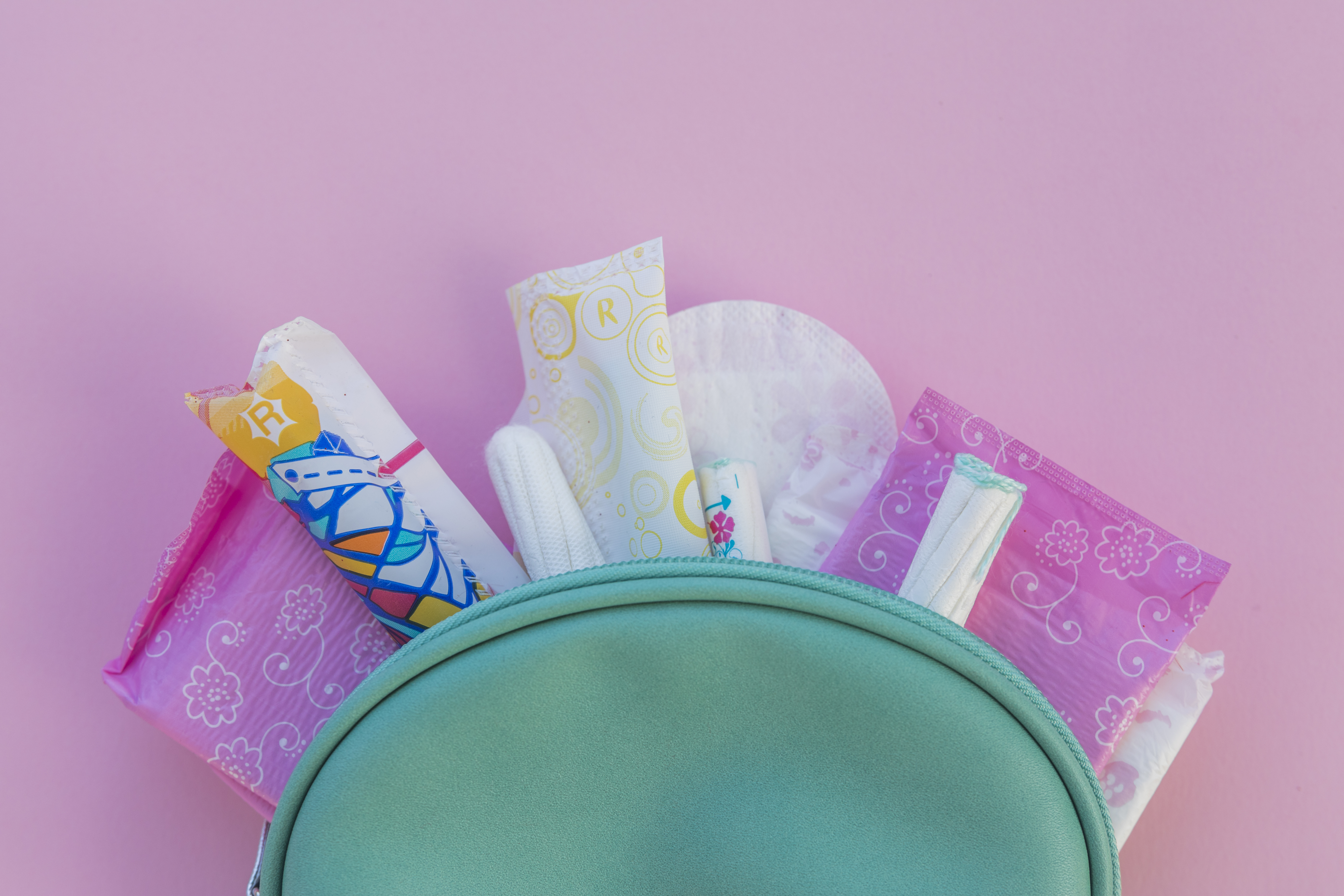Menstrual hygiene is a vital aspect of women’s health and well-being, yet it remains a topic shrouded in stigma and misinformation. Let’s demystify menstruation with real facts, practical advice, and a touch of wit. Because let’s face it, periods are a natural part of life—no need for the hush-hush.
Proper menstrual hygiene is crucial for preventing infections, maintaining comfort, and ensuring dignity. According to UNICEF, about 500 million women and girls globally lack adequate facilities for managing their periods, highlighting a significant public health challenge.
There’s no one-size-fits-all when it comes to menstrual products. Options include sanitary pads, tampons, menstrual cups, and period panties. The choice depends on personal comfort, lifestyle, and cultural context.
Sanitary pads are widely used and easy to manage, pads are a safe option for beginners. Change every 4-6 hours to prevent bacterial growth. Tampons on the other hand are convenient and discreet, tampons need to be changed every 4-8 hours. Remember the golden rule: never forget a tampon!
Menstrual cups are cco-friendly and cost-effective in the long run, cups can be worn up to 12 hours. They require proper cleaning and a bit of practice to use effectively. Period panties are absorbent and perfect for light days or as backup on heavy days. Wash and reuse, making them a sustainable option.
Personal hygiene
Maintaining cleanliness is essential. Wash the genital area with water and mild soap at least twice a day. Avoid using fragrant products that can cause irritation or disrupt the natural pH balance. Always wipe from front to back to prevent infections.
Proper disposal
Dispose of used sanitary products responsibly. Wrap pads and tampons in paper before discarding them in a bin. For menstrual cups, empty the contents into the toilet, rinse, and sterilize regularly.
Myths and misconceptions
The world of menstruation is plagued with myths that need busting. No, periods are not a curse, and you certainly can’t “hold it in” like urine. Exercise doesn’t worsen cramps; in fact, it can help alleviate them.
Lack of menstrual hygiene management is a global issue. According to UNESCO, 1 in 10 girls in Sub-Saharan Africa misses school during their menstrual cycle. This disrupts education and perpetuates gender inequality. Organizations worldwide are working to provide access to sanitary products and education on menstrual health, aiming to break the cycle of stigma and absenteeism.
Ignoring menstrual hygiene can lead to health problems such as urinary tract infections (UTIs), yeast infections, and even reproductive issues. It’s vital to listen to your body and seek medical advice if you notice anything unusual, like a sudden change in the flow, severe pain, or irregular cycles.


